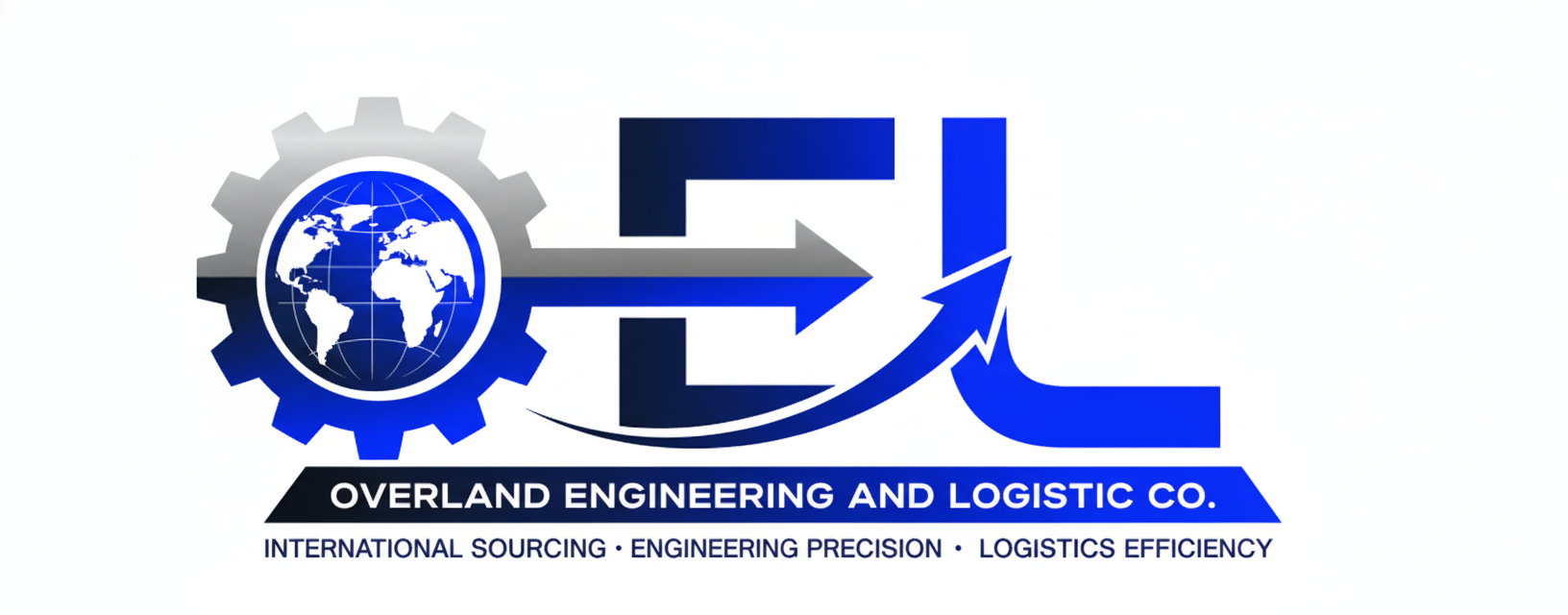Overland Engineering and Logistics Co
Get Consultation
+1(314)377-4890
- Need Free Consultation ?

Get Consultation
+1(314)377-4893

Case study
The Effects of Tariffs on the Manufacturing Sector
The escalating trade war between China and the US has sparked divergent opinions among experts across various fields. Some argue that tariffs undermine the advantages of free trade, increase the cost of living, and fail to positively impact US manufacturing. Conversely, others contend that the trade war benefits the US economy by returning more manufacturing jobs to the country. Regardless of future outcomes, it is crucial to focus on the two most significant tariffs currently in effect: a 25 percent tax on steel and a 10 percent tax on aluminum. These tariffs have far-reaching effects, impacting everything from consumer products like Coke and vehicles to industrial equipment and other high-end manufacturing sectors.
Strategies for Avoiding Tariffs
Passivation treatment is a chemical post-treatment process designed to enhance the inherent anti-corrosion properties of stainless steel. It differs from traditional metal pickling, which removes oxide layers from the surface, and from chemical film treatments applied before coating. After passivation, a protective oxide film forms on the surface of the stainless steel workpiece. This film is extremely thin, with a thickness of less than 0.0000001 inch, roughly 1/100,000th the thickness of human hair. Generally, workpieces treated with passivation are clean, bright, and resistant to rust.
This oxide film naturally forms when the workpieces are exposed to oxygen in the air after manufacturing, polishing, or acid cleaning. Under ideal conditions, the surface is completely covered with this oxide film. However, it can also become contaminated with iron particles from cutting tools, rust, or ferrous particles produced during manufacturing. Although stainless steel items appear smooth and clean, these invisible particles can potentially cause corrosion and degrade the quality of the protective oxide film. In some cases, rusty spots may even be visible.
Additionally, to facilitate the removal of iron chippings from cutting tools, AISI 303, known as free-cutting stainless steel, includes sulfides. However, these sulfides can also lead to rust and rusty spots when exposed to certain environments.

Overland Engineering and Logistics Co., Ltd. was established in 2011. With over 13 years of overseas experience, we provide end-to-end solutions from inception to completion.
Hotline : +1 (314)377-4890
Phone
+1 (314)377-4890
oel@overlandind.com
Location
4338 Bridgeton Industrial Drive Bridgeton MO 63044 US
Quick Links
Customer Service
Subscribe Newsletter
Copyright © Overland 2024. All rights reserved.

